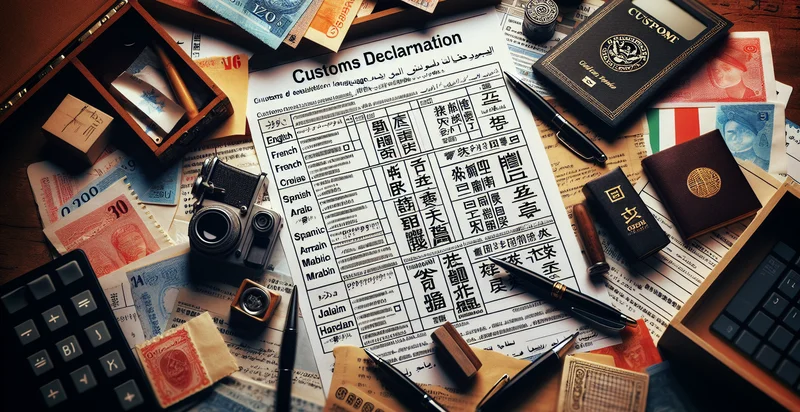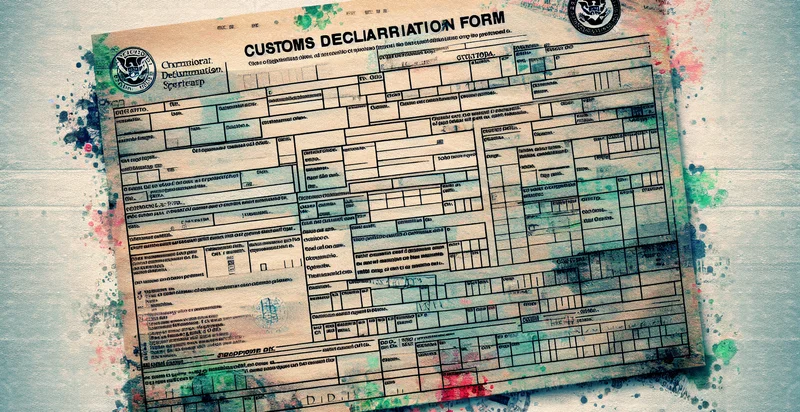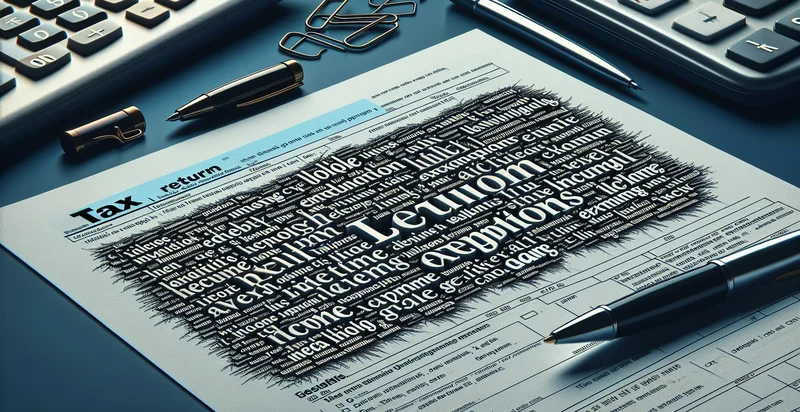Identify language of customs declaration
using AI
Below is a free classifier to identify language of customs declaration. Just input your text, and our AI will predict the customs category for your declaration - in just seconds.

Contact us for API access
Or, use Nyckel to build highly-accurate custom classifiers in just minutes. No PhD required.
Get started
import nyckel
credentials = nyckel.Credentials("YOUR_CLIENT_ID", "YOUR_CLIENT_SECRET")
nyckel.invoke("language-of-customs-declaration", "your_text_here", credentials)
fetch('https://www.nyckel.com/v1/functions/language-of-customs-declaration/invoke', {
method: 'POST',
headers: {
'Authorization': 'Bearer ' + 'YOUR_BEARER_TOKEN',
'Content-Type': 'application/json',
},
body: JSON.stringify(
{"data": "your_text_here"}
)
})
.then(response => response.json())
.then(data => console.log(data));
curl -X POST \
-H "Content-Type: application/json" \
-H "Authorization: Bearer YOUR_BEARER_TOKEN" \
-d '{"data": "your_text_here"}' \
https://www.nyckel.com/v1/functions/language-of-customs-declaration/invoke
How this classifier works
To start, input the text that you'd like analyzed. Our AI tool will then predict the customs category for your declaration.
This pretrained text model uses a Nyckel-created dataset and has 31 labels, including Arabic, Bulgarian, Czech, Danish, Dutch, English, Filipino, Finnish, French and German.
We'll also show a confidence score (the higher the number, the more confident the AI model is around the customs category for your declaration).
Whether you're just curious or building language of customs declaration detection into your application, we hope our classifier proves helpful.
Related Classifiers
Need to identify language of customs declaration at scale?
Get API or Zapier access to this classifier for free. It's perfect for:
- Customs Compliance Monitoring: This function can be used by customs agencies and regulatory bodies to automatically identify the language used in customs declarations. This ensures that all documents adhere to the required legal language standards and allows for efficient processing of international shipments.
- Multilingual Support for Trade Companies: Trade companies can implement this function to manage documentation in various languages. By accurately identifying the language of customs declarations, businesses can improve communication with clients and suppliers and ensure compliance with local regulations.
- Risk Assessment in Customs Processing: Customs officers can utilize this function for risk assessment by flagging declarations in non-standard languages or dialects. This proactive approach helps detect potential fraud or errors in declarations, enhancing the overall integrity of customs operations.
- Automated Document Translation: This text classification can act as a preliminary step in an automated document translation workflow. By identifying the language of the customs declaration, businesses can route documents to the appropriate translation services, streamlining operations and reducing turnaround time.
- Data Analytics for International Trade Trends: Import/export analysts can leverage this function for data collection on the languages prevalent in customs declarations across different regions. This data can inform strategic decisions regarding market entry and localization efforts for various customer bases.
- Enhanced Customer Service: Customer service teams in logistics companies can use this function to expedite response times. By identifying the language of a customs declaration, support agents can assign cases to the right linguistic experts, improving customer satisfaction and reducing resolution times.
- Training and Development for Customs Personnel: Education departments within customs agencies can utilize this function to enhance training materials. By understanding the languages commonly used in customs declarations, training programs can be tailored to address language-specific compliance issues and improve personnel efficiency.


